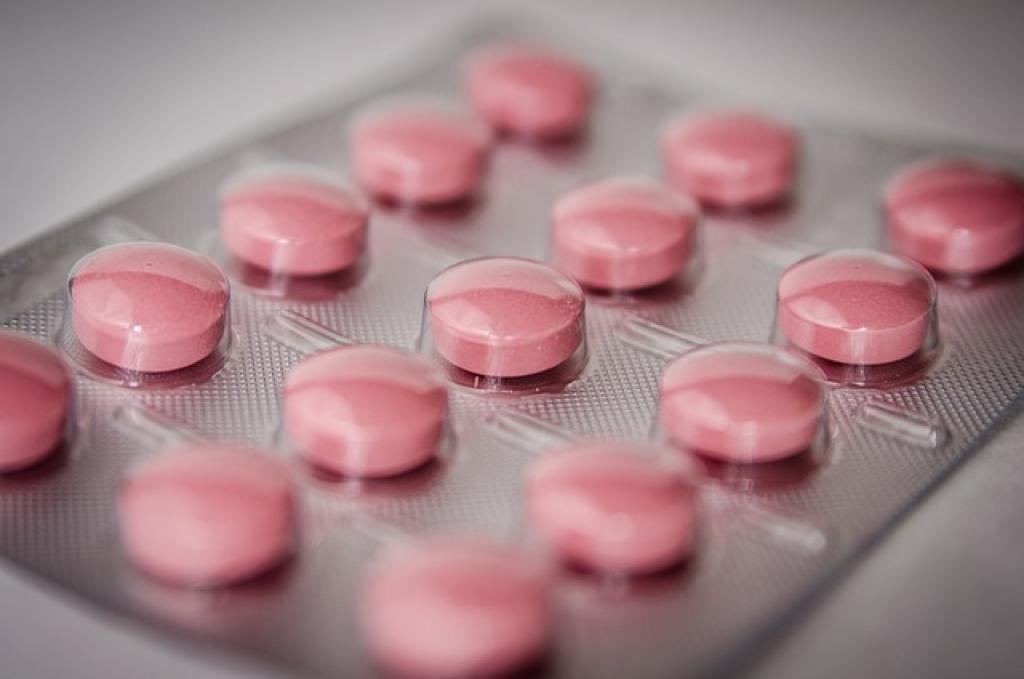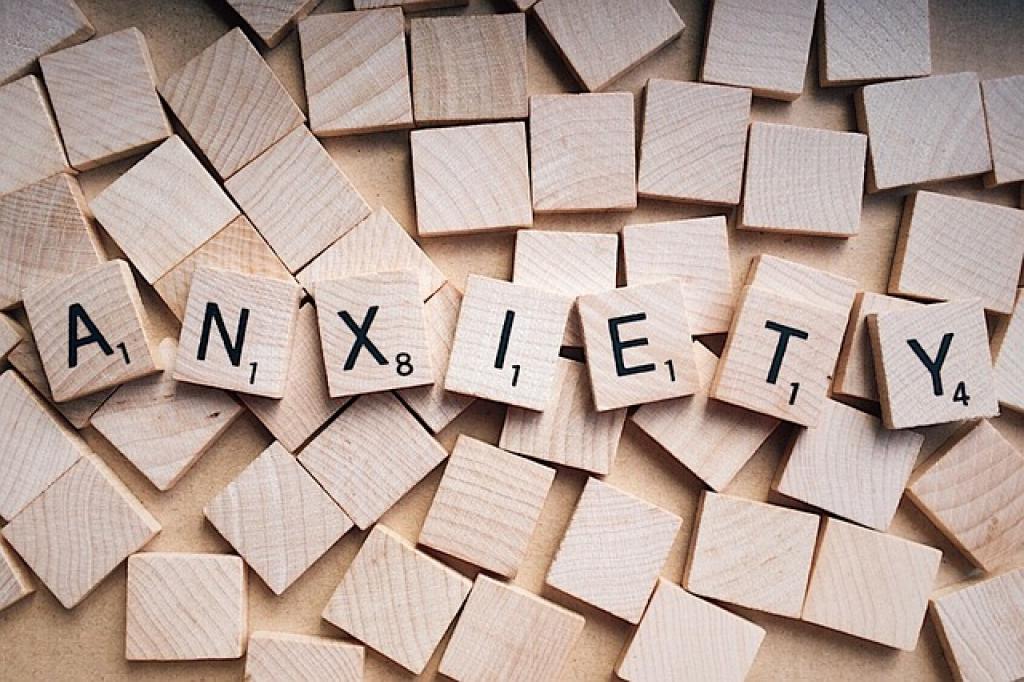Anxiety can sometimes feel like a relentless tide, pulling you under at the most inconvenient moments. Many people turn to traditional anti-anxiety medications for relief, but what happens when these aren’t quite enough? Enter CBD, a natural supplement that’s been making waves for its potential calming effects.
Combining CBD with prescribed medications might feel like venturing into uncharted waters, but with the right knowledge, it can be a safe and effective journey. This guide explores how CBD could complement traditional treatments to help you achieve a greater sense of calm and balance.
We’ll delve into what CBD is, how it interacts with conventional medications, and the benefits and risks of this combination. Whether you’re looking to enhance your current treatment plan or curious about new options, this guide aims to provide the clarity and information you need.
Understanding CBD and Traditional Anti-Anxiety Medications
CBD, or cannabidiol, is a compound found in the cannabis plant. Unlike THC, the compound known for its psychoactive effects, CBD won’t get you high. Instead, it’s often praised for its potential to reduce anxiety, among other benefits. It works by interacting with the body’s endocannabinoid system, which plays a role in regulating mood, stress, and overall mental health.
Traditional anti-anxiety medications, such as benzodiazepines (like Xanax) and SSRIs (like Zoloft), are typically prescribed to manage anxiety symptoms. These medications can be very effective, but they come with their own set of side effects and potential for dependency.
CBD offers a more natural alternative, but combining it with traditional medications requires caution. It’s crucial to understand how CBD interacts with your prescribed meds. Both affect the body’s neurotransmitter systems, so they can either complement each other or interfere, depending on various factors.
Consulting with your healthcare provider is essential before mixing CBD with any medications. They can advise on potential interactions and help tailor a treatment plan that leverages the benefits of both, ensuring maximum efficacy and safety.
Potential Benefits of Combining CBD with Anti-Anxiety Medications
Combining CBD with traditional anti-anxiety medications could offer a few noteworthy benefits. First off, CBD may enhance the effects of your prescribed meds, possibly allowing for lower doses and reducing the risk of side effects. This can be a game-changer for individuals who are sensitive to medication side effects or those looking to gradually taper off their prescriptions.
CBD is also known for its anti-inflammatory and neuroprotective properties. These attributes can offer a more holistic approach to managing anxiety, addressing both the mental and physical aspects of stress and anxiety disorders. By tackling inflammation, CBD may contribute to overall brain health, complementing the action of traditional medications.
Another potential benefit is CBD’s ease of use and versatility. It comes in various forms like oils, capsules, and edibles, making it easy to incorporate into your daily routine. This flexibility can make a combined treatment plan more adaptable and sustainable.
Finally, some individuals report that CBD helps with sleep, which is often disrupted by anxiety. Better sleep enhances the effectiveness of traditional anti-anxiety treatments, providing a multi-faceted approach to improving quality of life.
Always remember, a tailored plan made in consultation with your healthcare provider ensures that you benefit most from combining CBD with traditional medications, keeping safety as a top priority.
Possible Risks and Side Effects to Consider
While considering the combination of CBD and anti-anxiety medications, it’s essential to be aware of potential risks and side effects. One of the primary concerns is the possibility of drug interactions. CBD can inhibit the enzymes that break down medications in your liver, potentially leading to higher concentrations of the drug in your bloodstream. This can increase the risk of experiencing adverse effects from your prescribed medications.
Another risk to consider is the uncertainty surrounding the long-term effects of CBD. While short-term use is generally well-tolerated, the long-term impact remains relatively understudied. It’s crucial to keep this in mind, especially if you’re looking at CBD as a long-term supplement to your anxiety treatment plan.
Common Side Effects
Some common side effects of CBD include dry mouth, dizziness, and changes in appetite or weight. These side effects are usually mild but can be bothersome. Ensuring that you start with a low dose and gradually increase it can help mitigate these issues.
What’s more, the purity and quality of CBD products can vary significantly due to the lack of regulation in the industry. Low-quality products may contain contaminants or inaccurate levels of CBD, which could be harmful or less effective. Always opt for products from reputable brands that offer third-party testing.
Lastly, there’s the risk of habit formation or reliance. While CBD is not typically addictive, any substance used for prolonged periods can lead to psychological dependence. It’s vital to regularly assess your use and consult with your healthcare provider to ensure you’re not becoming overly reliant on CBD for managing anxiety.
How to Safely Integrate CBD with Your Medication Regimen
If you’re considering adding CBD to your medication regimen, the first step is to have an open conversation with your healthcare provider. They can offer personalized advice and monitor potential interactions between CBD and your current medications. Transparency is key to ensuring your safety.
Begin with a low dose of CBD to see how your body responds. Everyone reacts differently, so it’s crucial to start small and gradually increase the dosage. This way, you can minimize the risk of side effects and gauge the effectiveness of CBD for your anxiety.
Consistency matters. Take your CBD at the same times each day to maintain stable levels in your system. This will help you evaluate its long-term effects more accurately and make necessary adjustments with your healthcare provider’s guidance.
Make sure to choose high-quality CBD products. Look for those that are third-party tested, clearly labeled, and come from reputable sources. This ensures you’re getting a product free from harmful contaminants and with accurate CBD concentrations.
Avoid mixing CBD with alcohol or other substances that can affect your liver’s ability to process medication. This precaution can help prevent unwanted interactions and side effects.
Keep a journal of your experiences. Note any changes in your symptoms, side effects, and overall well-being. Share these observations with your healthcare provider to fine-tune your treatment plan effectively.
Lastly, continually reassess your needs. Life changes, and so can your treatment plan. Regular check-ins with your healthcare provider allow for adjustments to ensure you’re getting the most out of your anxiety management strategy without compromising your health.
Monitoring Your Progress and Adjusting Dosages
Once you’ve started integrating CBD into your routine, keeping track of your progress is essential. Regularly note how you’re feeling—consider both mental and physical well-being. Are your anxiety symptoms improving? Do you notice any side effects?
It’s a good idea to schedule follow-up appointments with your healthcare provider. They can review your journal entries, help interpret your observations, and make necessary adjustments to your CBD dosage. Open communication with your provider ensures you’re getting the most benefit while minimizing any risks.
Adjusting your dosage can sometimes be necessary. If you feel like you’re not getting the desired effect, don’t hesitate to reach out to your healthcare provider. They might suggest either increasing the dose or trying a different form of CBD to better suit your needs.
Listen to your body. Sometimes, your needs might change over time. Factors such as stress levels, other medications, or changes in your health can influence how your body reacts to CBD. Stay tuned in to these signals and don’t be afraid to make adjustments when needed.
Be patient with the process. Finding the right dosage and monitoring its effects can take time. Some people might see benefits quickly, while for others, it may take longer. Stick with it and continue to work with your healthcare provider to find the best strategy for you.
Lastly, keep an eye on new research and developments in CBD usage. The field is continually evolving, and staying informed can help you make the best decisions for your health. Keep learning and adjusting as new information becomes available.

Key Considerations for Discussing CBD with Your Doctor
Talking to your doctor about CBD can feel a bit daunting, but it’s an important step to ensure your safety and effectiveness of the treatment. Here are some key points to keep in mind for that conversation.
First, be open and honest about why you’re considering CBD. Share your symptoms, how they impact your daily life, and any other treatments you’ve tried. The more transparent you are, the better your doctor can help.
Make sure to discuss any existing medications you’re taking. CBD can interact with some drugs, so your doctor needs to know your full medication list to avoid any adverse effects. This also includes over-the-counter medications and supplements.
Ask about potential side effects and what to watch out for. While CBD is generally well-tolerated, everyone’s body reacts differently. Understanding possible side effects can help you monitor your responses more effectively.
Bring up any concerns you have about using CBD. Whether it’s about legalities, sourcing quality products, or managing dosage, your doctor can provide guidance and may even point you toward reputable sources.
It’s also useful to inquire about the best form of CBD for your condition. There are oils, capsules, creams, and more. Your doctor can recommend which might be the most effective and convenient for you.
Lastly, discuss an initial monitoring plan. How often should you check in? What signs should you be aware of that might indicate a need for dosage adjustment? Setting these parameters early can make your CBD journey smoother and more successful.
Remember, your doctor is there to support your health journey. Don’t hesitate to reach out with any questions or concerns as you incorporate CBD into your routine.
The Bottom Line: Navigating the Combined Use of CBD and Anti-Anxiety Medications
In summary, combining CBD with anti-anxiety medications can offer potential benefits, but it’s not without its complexities. It’s crucial to approach this thoughtfully and under medical supervision.
Starting with an open conversation with your doctor is key. By discussing your current medications, potential side effects, and any concerns, you can create a safe and effective plan tailored to your needs. Your doctor can also help you choose the right form and dosage of CBD, ensuring it complements your existing treatment.
Being patient and observant is important. The effects of CBD can vary greatly from person to person. Monitoring how your body responds and maintaining regular check-ins with your healthcare provider can help fine-tune your approach.
Keep in mind that, while promising, CBD research is still evolving. Stay informed by keeping up with the latest studies and guidance from trusted medical sources. This way, you can make the best possible decisions for your health.
Navigating the combined use of CBD and anti-anxiety medications isn’t a one-size-fits-all journey. It requires a personalized approach, a bit of patience, and continuous communication with your healthcare team. By doing so, you can maximize the benefits while minimizing any potential risks.
Ultimately, the goal is to improve your overall well-being. With careful consideration and professional guidance, incorporating CBD into your anxiety management plan can become a smooth and beneficial part of your health journey.






